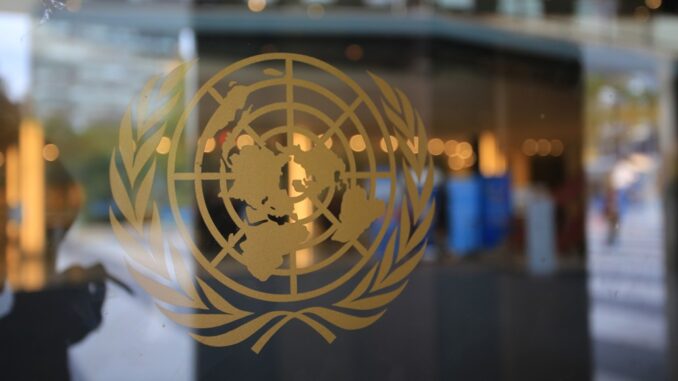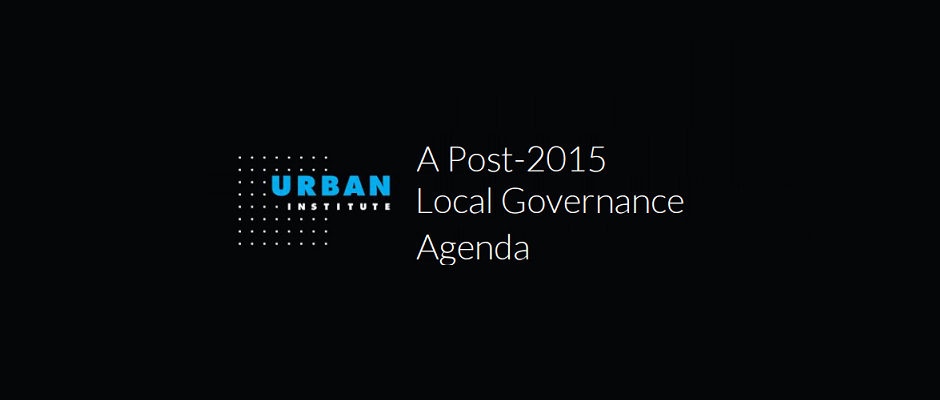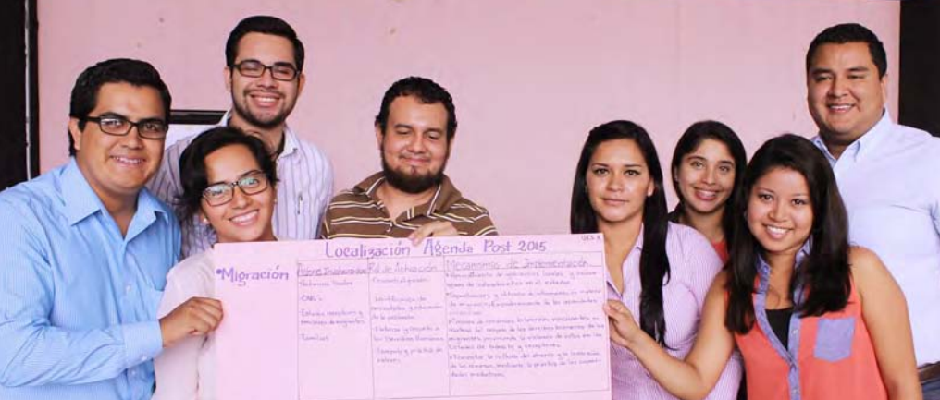
SDG localization is the process of adapting and customizing the Sustainable Development Goals (SDGs) and translating them into local development plans and strategies that fit the needs, context, and priorities of a particular region or locality, in coherence with national frameworks.
Based on the assertion that at least 65 per cent of SDG targets is linked to the work and mandates of local and regional governments, the United Nations sees an urgent need to accelerate SDG localization to improve policy coherence and integration by bolstering whole-of-society and whole-of-government approaches for sustainable development.
Within this context, an Inter-Agency Policy Brief on Accelerating SDG Localization was recently prepared by UNDESA, UN Habitat and UNDP in close collaboration with the Global Taskforce of Local and Regional Governments and United Cities and Local Governments, with input from the United Nations Regional Commissions: UNECA, UNECE, UNECLAC, UNESCAP, and UNESCWA.
Key Messages Of The UN Inter-Agency Policy Brief
The Inter-Agency Policy Brief on Accelerating SDG Localization examines critical issues pertaining to local implementation of SDG action to achieve the 2030 Agenda. With at least 65 percent of SDG targets linked to the work and mandates of local and regional governments, subnational governance institutions are found to be critical agents of change in recalibrating to course of global development to better address the challenges of the future. Key messages from the report include:
Multilevel Governance: National and subnational government entities should enhance multilevel coordination, including through institutional coordination mechanisms for aligning strategies and fostering policy coherence in planning, budgeting, implementation, data, and reporting, to enable SDG localization and accelerate progress.
Multistakeholder Engagement: Inclusive multistakeholder engagement and community participation help ensure that no one is left behind.
Financing: National and local actions are needed to adequately fund SDG localization, primarily through 1) sufficient, timely, and equitable transfers of funding from national to local levels, and 2) funds raised directly at subnational levels. New mechanisms are under discussion to strengthen local financial viability through greater local capacities in sustainable infrastructure asset management, and through sustainable borrowing from private and public sources.
Data, Monitoring & Reporting: Harmonized national and local SDG indicator frameworks and accessible data portals are critical to SDG localization, particularly for monitoring, reporting on and evaluating SDG progress and empowering local entities to implement evidence-based strategies. This will require a common definition of SDG localization indicators; accelerated knowledge and skills at both the national and subnational levels for data collection and utilization; and greater emphasis on evidence-based policymaking for informed decision-making.
E-Government & Digitalization: Harnessing technology and digitalization, including AI is a critical enabler of SDG localization, particularly to facilitate access to data, information and government services using the internet. Digitalization is also key to improving the effectiveness and accessibility of basic services for SMART Cities, health, and education, as well as for fostering democracy and local participation.
Capacity Building: Investment in capacity building, including through existing approaches, learning platforms, peer-to-peer networks, and development cooperation across local authorities helps equip all spheres of government with the expertise and tools necessary to plan, implement, and monitor SDG localization. Capacity building efforts targeting policymakers and relevant stakeholders should focus on integrating the 2030 Agenda and SDGs into national and subnational development plans, strategies, and monitoring and evaluation frameworks.
Despite the call in the inter-agency policy brief for greater use of data and evidence-based policy efforts, the policy brief itself regrettably does not bring much specific evidence to bear on the global state of SDG localization or its recommendations. Yet, as part of its ongoing initiative to advance SDG localization, UNDESA in collaboration with an inter-agency taskforce of UN entities and other relevant stakeholders aims to issue a compilation of policy briefs providing evidence-based recommendations for SDG localization. Some of the topics are expected to include data, monitoring, and reporting; multilevel governance; SDG localization and climate action synergies; and waste and resource circularity.
Access the full policy brief on the United Nations’ SDG website:



